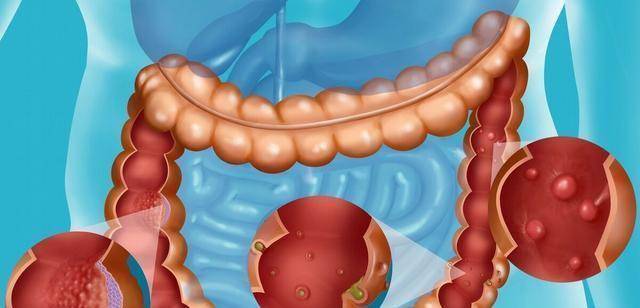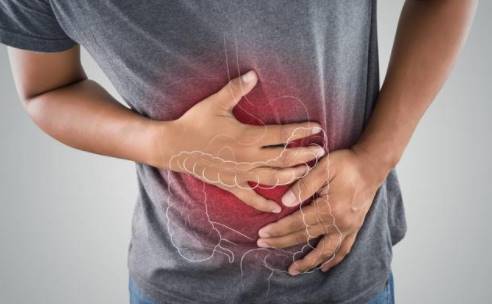
1. Changes in bowel habits: Relevant research statistics show that in the early stages of colon cancer, patients often show intermittent changes in bowel habits.
Patients with right colon cancer mainly have loose stools and increased stool frequency in the early stage. This is related to the fact that the cancer and its secretions stimulate the intestinal mucosa and lead to changes in intestinal mucosal secretion.

As the patient's condition continues to progress, the number of bowel movements will become more and more frequent. There is always a feeling of incomplete bowel movement after each bowel movement, and frequent bowel movements even at night. The stools are often unformed and there are obvious odors in the stools. Mucus is mixed in;
2. Constipation symptoms: The most common area of colon cancer is actually the junction of the rectum and sigmoid colon.
Cancers that appear in this area are generally narrow, hard cancers. This kind of cancer develops quickly and can easily infiltrate around the intestinal wall, causing the patient's intestinal tract to become increasingly narrow.

Therefore, patients will experience symptoms such as reduced stool frequency, constipation, and thinner stool shapes.
The article is not finished. Click on the next page to continue.
The article is not finished. Click on the next page to continue.
Next page


















